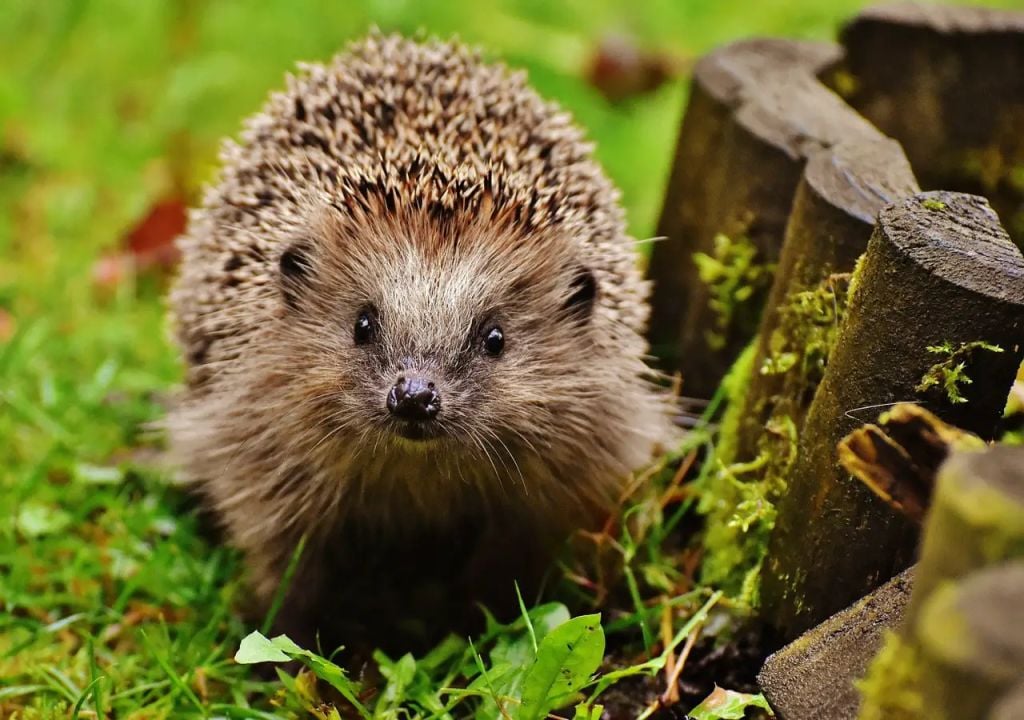Hedgehog protectors flock to Hartpury University's International Conference for Hedgehog Rehabilitators
Researchers and carers dedicated to protecting and maintaining populations of wild European hedgehogs come together at Hartpury's international conference.

Hartpury University in Gloucestershire, UK, is hosting The International Conference for Hedgehog Rehabilitators. The conference will bring together 200 hedgehog carers and researchers from nine different countries to exchange knowledge and ideas concerning the protection of wild European hedgehogs.
Spiny garden wanderers
Hedgehogs are small, nocturnal animals known for their unique spines, which act as a defence mechanism against predators. They belong to the Erinaceidae family and have pointed snouts, short limbs, and spherical bodies covered with keratinised spines.
They are known for their protective curling behaviour, and their main food source is insects and other invertebrates. Hedgehogs live in a variety of settings, such as cities and gardens, and they help regulate insect populations.
Population decline
Hedgehogs in Gloucestershire and the UK are in steep decline, with a 95% drop since the 1950s and ongoing losses of 30-40%. The decline is being driven by habitat loss caused by increasing agriculture and urbanisation, which has resulted in a rise in motor vehicle collisions, further breaking up and isolating populations.
Chemicals used in agriculture, garden hazards (such as trimmers and bonfires), competition, and predation (from domestic cats, foxes, and badgers) are all threats to hedgehog health, and climate change disrupts breeding cycles and hibernation through oscillating changes in weather.
Despite these obstacles, initiatives are underway to help hedgehogs, including projects such as "The Last Hedgehog in Gloucestershire". This initiative—brought forward by the Gloucestershire Wildlife Trust—aims to promote conservation efforts and raise further awareness for the cute little mobile pin cushions. Another initiative, "Hedgehog Street", encourages hedgehog-friendly landscaping. Wildlife rehabilitation facilities contribute to care and release programmes. Active participation in these ecological initiatives is critical to reversing the trend and protecting hedgehogs in Gloucestershire and across the UK.
For all hedgehog kind
Individuals coming to the conference will each bear different skills concerning hedgehog behaviour, response to climate, and how to care for these loved animals when suffering from disease or injury.
Our wonderful volunteer Joan represented us at the International Hedgehog Conference in the UK at the weekend. A fantastic weekend of best practice and research. pic.twitter.com/aNqnJP0sN5
— Kildare Wildlife Rescue (@WildlifeKildare) January 18, 2024
The end goal is to help continue to build this community of hedgehog rehabillitators,” said conference organiser and Senior Lecturer in Zoology, Dr. Bearman-Brown.
Dr. Bearman-Brown added, "We hope to establish a strong and respectful collaboration between the scientists and the care practitioners with the purpose of improving hedgehog conservation.”








